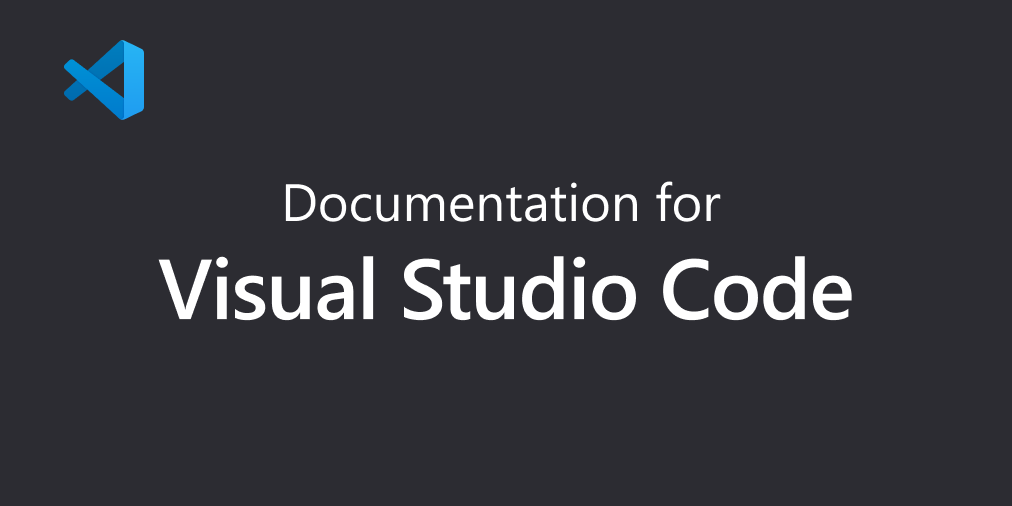Is it because they think Pi users are unlikely to be tech savvy enough to maintain a mirrorlist, so they take away your freedom in the name of perceived convenience? So they don't let you pick where you get your software from? Is this behaviour in Debian as well?
No. In Debian you list your repository urls in /etc/apt/sources.list, and if you want you can configure pinning and fancier policies in files nearby, but debian won't change it without telling you.
All package managers take their sources from etc/apt/sources.list and that's it (you may have to add gpg keys with apt-key add if your repositories don't use the Debian signing keys).
Some GUI package manager may have dialogs to edit the sources but they just edit that file behind the scenes with what you put in the dialog.
In fact there's also /etc/apt/sources-list.d/ . I've never used but I guess that's easier for automated source management.
In any case I've never heard of Debian itself adding repositories to configurations without asking the admin. Sounds crazy to me.
@Binky, I wish I could share your optimism, but I disagree. There was a time when running 100% free software was an option, Now it's increasingly difficult, with systems needing blobs for network, wiki, gpu, DRAM controller, boot blocks and what not. The fact that companies are contributing to free software is in principle good, but there're many different cases. Sometimes is just greenwashing, sometimes it's opencore, and at other times it just makes it more difficult for volunteers to keep up with development pace, so the code is free (which is still good) but bloated, the governance is "we don't care", and the informal auditing is dubious. Other cases are just great. So yes, we have quantitatively more free software but qualitatively is maybe not so rosy. And effectively it's like being given a virtual box to play with free software in, but the vendors keeping control of your hardware. I can't help thinking if the public would take freedom more seriously we might have a little fewer projects but more useful and we'd be more free. Is not the general public at least there should be a niche market of pure freedom respecting computing (a little like bio food, which isn't the biggest part of the market but at least thrives and offers an option for those who want it - and can get it). And don't get me started on SaaS.



